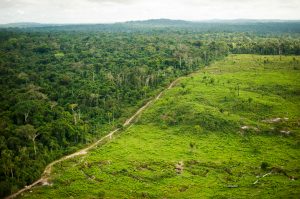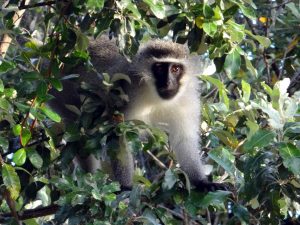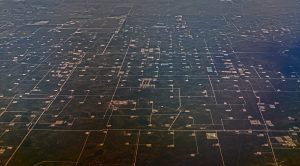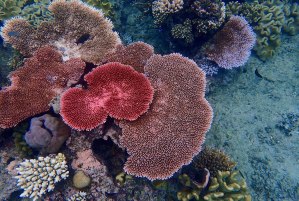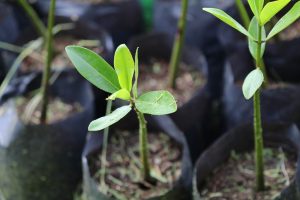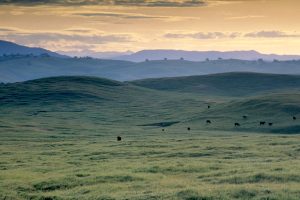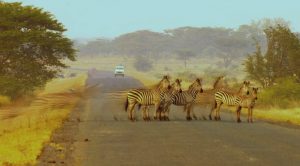Discover stories in Science Briefs
Mapping Monitoring Zero-Deforestation Commitments
How do companies translate zero-deforestation commitments into action?
Electronic Monitoring Could Be Key for Data-Poor Longline Fisheries
Electronic monitoring can provide much-needed data on catch and discards on longline tuna fisheries.
Protected Areas are Vital, but they are not Enough for Lasting Biodiversity Conservation
Sustaining global biodiversity requires broadening the area-based conservation toolkit beyond protected areas.
Invasive Wild Pigs = 1 Million Cars Per Year of Carbon Emissions
Australian scientists estimate that invasive wild pigs release the carbon-dioxide emissions equivalent of more than 1 million cars per year.
Satellite Tracking Leads to Action for Hawksbill Sea Turtles
New science on hawksbill sea turtles in the Solomon Islands provided critical information to strengthen protection for turtles on their nesting grounds.
Mammals, Wildlife Trade + the Next Global Pandemic
Scientists report a strong association between wildlife trade and zoonotic disease risk with 25% of mammal species in the trade hosting 75% of viruses known to be transmissible between animals and humans.
Aquaculture Adds Value to Habitat
Bivalve and seaweed farming systems result in measurable increases in fish and invertebrate abundance and diversity.
Energy Matters: The Importance of Mitigating the Land Impacts of Energy and Extraction
Energy and mining could convert nearly as much land as agriculture by 2050 – including nearly 80% of all projected expansion into the world’s most intact natural lands.
Table Corals Could Be the Key to a Resilient Great Barrier Reef
Scientists discover that table corals regenerate Great Barrier Reef habitats 14 times faster than other coral species.
Biodiversity Conservation: 7 Principles for Matching Goals with Actions
Scientists offer 7 key principles to help achieve the Convention on Biological Diversity’s 2050 vision: living in harmony with nature.
Rebalancing Water and Land Use for Nature and People in California
Examining how ecological restoration efforts – rewilding – could recover the San Joaquin’s natural diversity and ensure the long-term health and productivity of farms and the local communities they support.
Saving Animals by Mapping Their Migrations
Maps that display migration data with the human connections and livelihoods can help advance sustainable conservation.
